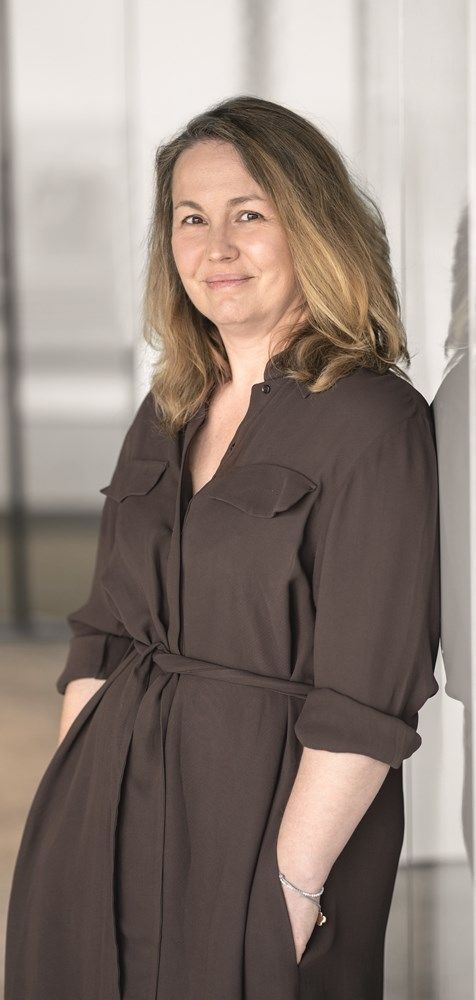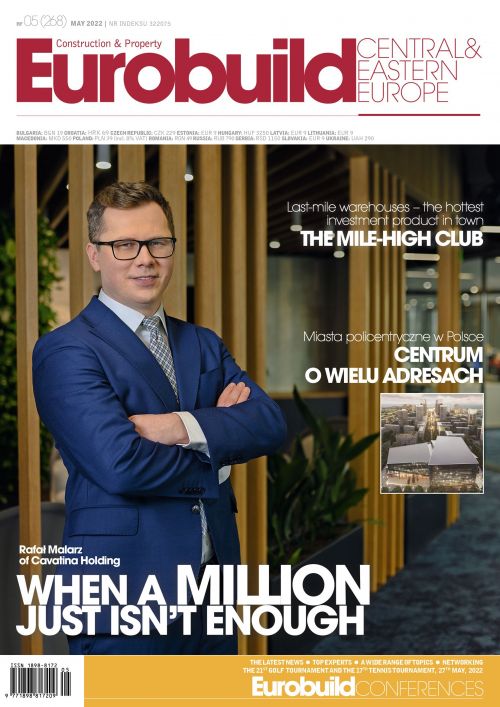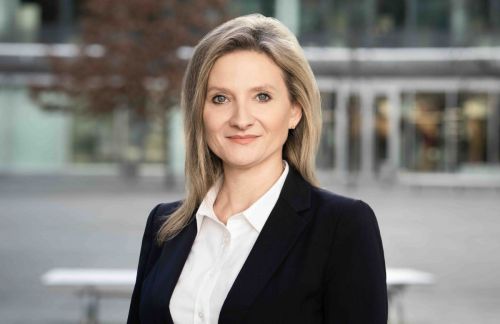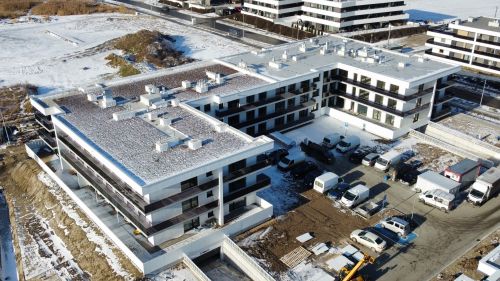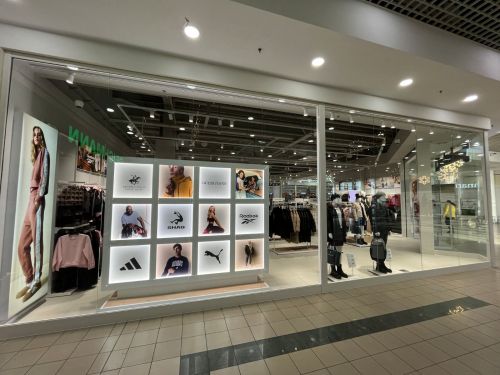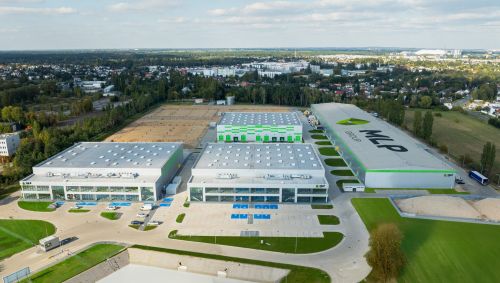All at once, pacifists were also putting on bullet-proof vests, non-believers were bringing gifts to churches, vegetarians were asking which preserved meats were the best and dieticians were propounding on the benefits of sweets. It also turned out that we could live with more people in the same space. The only regret was that our apartments and homes were not as flexible as offices. It no longer seems like such a good idea to have no doors, to join rooms together and have open spaces with many uses, when we now have guests in need of some privacy. Memories of my childhood apartment home now stream back to me with more fondness, when we had three rooms and a separate kitchen.
What has now happened in Poland has been extraordinary. Individuals have proven to be exceptional as volunteers when it comes to unpacking lorries and handing out aid packages. But organisations have been making their own contributions, too, including NGOs, charities, small companies and large corporations (and t
